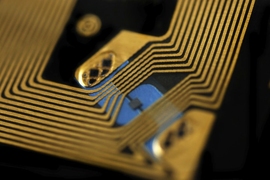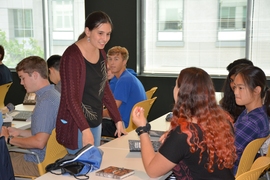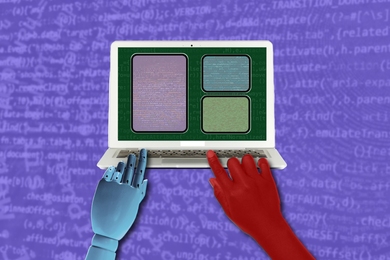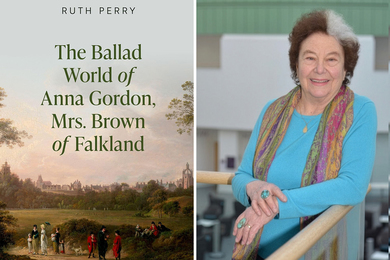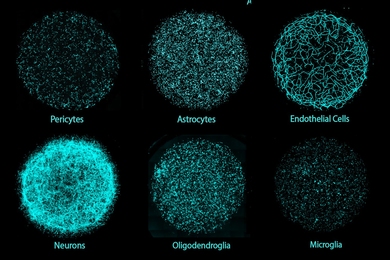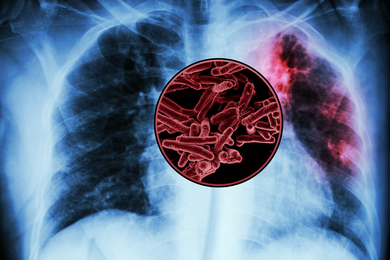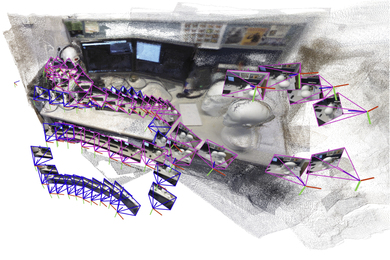With cyber-attacks and data privacy becoming increasingly important global concerns, many cybersecurity experts have called for more international collaboration in developing technologies to help us protect our data and systems.
To that end, this past weekend students from MIT’s Computer Science and Artificial Intelligence Laboratory (CSAIL) and Cambridge University collaborated in a special multi-day competition at MIT dubbed “Cambridge 2 Cambridge” (C2C).
First announced by President Barack Obama and British Prime Minister David Cameron last year, the event on Friday and Saturday was part of a series of U.S./U.K. initiatives aimed at harnessing the two nations’ collective brainpower to combat global cyber-attacks.
The competition featured a 24-hour “Capture the Flag”-style hackathon with blended student teams from CSAIL and Cambridge, as well as a series of other mini-challenges that include lock-picking, password-cracking, and code-breaking. Winning teams were awarded cash prizes courtesy of Microsoft.
“It was exciting to partner with the University of Cambridge on this initiative, which we hope will be the first of many efforts to foster more collaborative cybersecurity work,” says Howard Shrobe, the CSAIL principal research scientist who heads up the lab’s Cybersecurity@CSAIL initiative. “We think it’s vital to create opportunities for students to actively apply their knowledge to real-world problems, and C2C enables just those sorts of hands-on experiences.”
Hackathon participants developed attacks and defenses for ongoing challenges in cybersecurity. They competed in a graduated set of exercises touching on such topics as web security, reverse engineering, cryptography, binary exploitation, and forensics.
The $5,000 “Top Hacker” prize was awarded to MIT student Julian Fuchs. The $15,000 “Top Hacking Team” prize was awarded to MIT students Gabor Szarka, Cheng Chen, and Fuchs, alongside Cambridge University student Alex Dalgleish.
"People are becoming more aware of what can happen to their data online,” says participant Cecilia Testart, a first year PhD student. “The sorts of tasks we did today, like accessing data remotely, are critical because if more of these devices are connected, hacking can happen on a larger scale.”
C2C was supported by Microsoft, BT, Facebook and ForAllSecure, as well as Rapid7, ThreatStream, Cisco Systems, Fresh Cognate and Cybersecurity@CSAIL members Akamai, BAE Systems, BBVA, Boeing, BP, Raytheon, and Visa.





